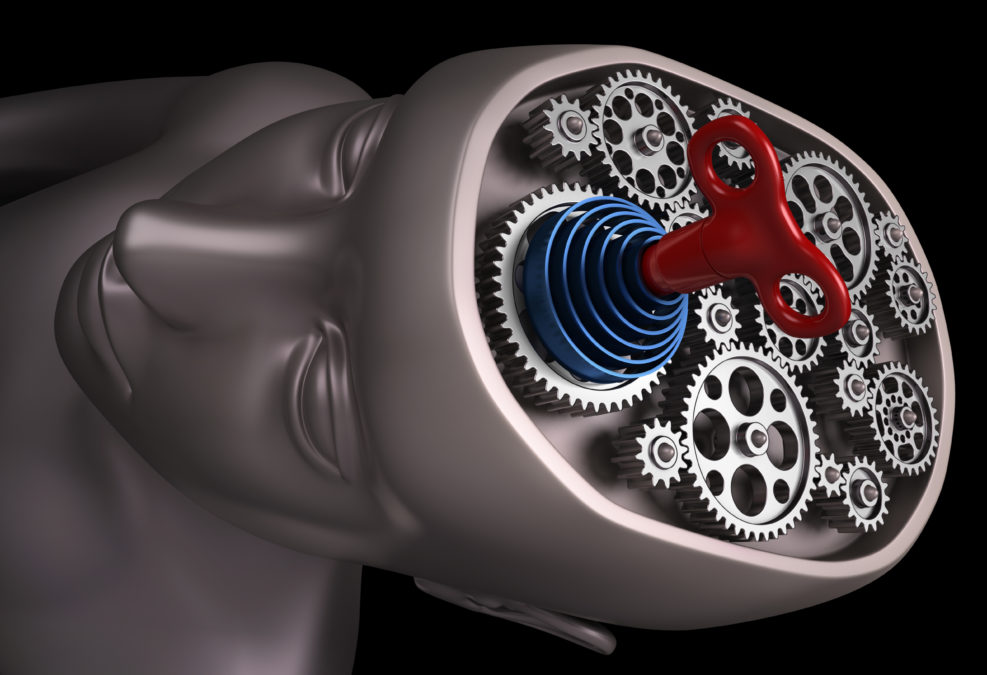“There is so much BS out there from a marketing perspective,” says Falon Fatemi. Once upon a time she was the youngest employee at Google, now she is the founder of AI as a service turnkey provider, Node.
AI, is one of those terms, it seems to mean all things to all marketers, but then, again Node doesn’t merely do AI. Node provides a turnkey AI as a service platform, and has just revealed its Artificial Intuition product, which it says can democratise the world’s most advanced automated machine learning technology.
What does it mean by democratise? The idea is to make its service viable for small companies, they can employ AI as a service, just as they previously discovered the benefits of software-as-a-service. So that’s AI for startups, AI for smaller firms, as well as the big and mighty.
Forget deep learning, unsupervised deep learning is the future
The company employs Louis Monier — who created Alta Vista, a man that Node describes as the Godfather of Search, and Michael Radovancevich, former CTO and Vice President at Taleo, as the new Chief Product Officer. In other words, Node employs Silicon Valley royalty.
“Marketers aren’t necessarily being precise,” says Fatemi, “I’ll talk to CEOs of companies that state on their website that their ‘product has AI in it’ and when I talk to them they say ‘we have no AI in the product.’”
And that is the gap in the market that Node hopes to fill with its AI as a service, Artificial Intuition product.
“You use your intuition to make decisions every day,” explains Fatemi, “whether you should speak with the new CEO, whether you should get on the phone with me, what you should eat for dinner, you’re using your intuition in all these situations. But the context of that situation, and the knowledge of the world that you have, influences what decisions you make and the factors that drive those decisions.
So Node artificial intuition functions similarly. It makes intelligent decisions that are unique to each application, and use case. For example, who your next customer is likely to be, which employee is likely to leave their job, or which new startup you should invest in next
“These are all examples of predictions that Node can make and that give you that glimpse into the future, today, so you can do something to get the outcome that you want.
“And the power of leveraging deep learning to do this, both unsupervised deep learning, as well as in an active learning component that we have developed, is that just like your personal intuition, it evolves and improves over time.”
To put it another way, Node’s AI is learning from the outcomes to drive better use cases for each company.
Of course these days, to make an understatement, technology is changing fast. It is as if we are on that spot on the exponential curve that describes technology change, where it gets very steep.
“In the last 20 years, over 50% of the Fortune 500 have disappeared. Furthermore, the life expectancy has decreased from 75 years in 1955 to 15 years in 2015. But this doesn’t even consider AI as playing a part in any of that,” says Fatemi.
“I think everyone is realising that if you do not have AI in your product in the next five years, you will not be around, period, end of story. And therefore they have to innovate or they will die.
“And that’s where I think the next wave of innovation will come, that’s part of the justification for our go-to-market thus far, being able to democratise these abilities for all of these enterprises to be able to have a hand in creating in the future.
“And democratise the power of the technology that frankly has been reserved for the big companies.”
She makes another claim. That the innovations in AI are going to come from B2B.
“AI is going to be everywhere. We’re working on making the underlying infrastructure, accelerating that to enable anyone, any engineer to be able to plug and play. Eventually any individual should be able to leverage this technology themselves to have an agent like this in the future. But this technology is not necessarily going to come from a consumer company. I think it’s going to come from this B2B approach and that’s going to enable the next wave, starting with professionals and then end-consumers.
Node’s Artificial Intuition platform leverages
advanced deep learning to generate predictions: train it on examples of people and/or companies that represent opportunities for a business — such as its highest-paying customers — and Node will recognise the signals that drive those outcomes and recommend new opportunities that the company might have otherwise missed.
Deep learning has been proven to operate at superhuman levels powering self-driving cars, language translation and more. Node says it is the first turnkey AI as a service platform focused on powering predictable business outcomes, which enterprises can use to quickly and seamlessly build advanced AI into both customer-facing and internal applications without investing years and millions of dollars on risky AI experiments.







